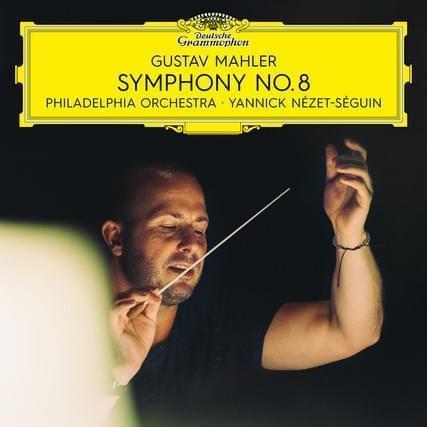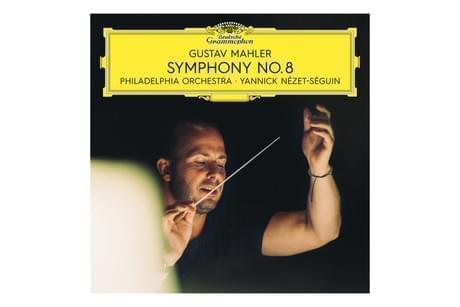Cast
| Soprano | Angela Meade | |
| Soprano | Erin Wall | |
| Soprano | Lisette Oropesa | |
| Mezzo-soprano | Stephanie Blythe | |
| Mezzo-soprano | Mihoko Fujimura | |
| Tenor | Anthony Dean Griffey | |
| Baritone | Markus Werba | |
| Bass | John Relyea |
Yannick Nézet-Séguin
About
Mahler’s “Symphony of a Thousand”
Chief among the works with famous Philadelphia connections is Mahler’s Eighth Symphony—the “Symphony of a Thousand.” The Philadelphians gave the U.S. premiere of the masterpiece at the Academy of Music on March 2, 1916, with Leopold Stokowski conducting. A 28-year-old Stokowski had heard the world premiere in Munich in 1910 (describing the symphony as “a flashing insight into infinity”) and was determined to bring it to America, despite the high cost. In addition to the 110 musicians of The Philadelphia Orchestra, there were eight soloists, a children’s choir of 150, and 800 adult singers on stage for that premiere. Orchestra management, concerned that performers would outnumber the audience, need not have worried: Nine performances sold out. The Philadelphia Orchestra was launched onto the international stage.
On the 100th anniversary of that pivotal moment in Philadelphia Orchestra history, Yannick Nézet-Séguin again marshals the tremendous forces needed to present this unparalleled work, which also embodies the Philadelphia Sound. Joining Nézet-Séguin on the Verizon Hall stage for four centenary performances (March 10-13) will be approximately 400 singers and instrumentalists, including the musicians of The Philadelphia Orchestra, the Westminster Symphonic Choir, the Choral Arts Society of Washington, the American Boychoir, and eight soloists: sopranos Angela Meade, Erin Wall, and Lisette Orepesa; mezzo-sopranos Stephanie Blythe and Mihoko Fujimura; tenor Anthony Dean Griffey; baritone Markus Werba; and bass John Relyea.
“The Symphony of a Thousand is best known for its size, and therefore, the impressively majestic force of its first part,” says Nézet-Séguin. “But in the second part, Mahler leads us on a completely different journey, using these same forces to reach some deeply secretive corners of our souls, eventually bringing them, and every listener, to a sense of peaceful harmony.”
Westminster Symphonic Choir
Joe Miller Director
The Choral Arts Society of Washington
Scott Tucker Artistic Director
The American Boychoir
Fernando Malvar-Ruiz Music Director




